Filaflex 60A
TPU Filament Filaflex 60A 'PRO' is the most elastic and flexible filament on the market for 3d printers. This filament is only suitable for the most experienced and daring 3d printing enthusiasts using flexible fialments.
- Shore hardness 60A
- 950% stretch
- Extremely elastic
- Odourless
- No hotbed required
- Made in the EU
TPU filament Filaflex 60A, the lowest Shore hardness of all the flexible filaments in the Filaflex range!
Once again, we've achieved it! We've manufactured the most elastic TPU flexible filament on the market for 3D printers with a breaking elongation of 950% and the lowest Shore hardness, 60A.
The flexible filament Filaflex 60A is positioned as the new member of the 'Filaflex' range, standing out for being the most elastic filament of all, with a Shore 'A' hardness of 60.
Like the rest of the flexible filaments in the range (Filaflex 70A, Filaflex 82A, and Filaflex 95A), Filaflex 60A 'PRO' has the property of elasticity. That is, after its stretching, Filaflex 60A returns to its original shape without deforming, as long as the elastic limit of the material is not exceeded.
The flexible filament Filaflex 60A 'PRO' is a highly flexible and elastic TPU filament only suitable for the most 'PRO', but NOT suitable for all-metal hotends of 3D printers, since the filament could become stuck and not flow properly. It is also not recommended to be printed on bowden type extrusion machines or 3D printers. However, if you have any doubt, please contact us for help or advice.
TPU filaments or flexible in the Filaflex range are characterized by having great adhesion to the printing bed. They do not require a heated bed, blue tape, kapton tape, lacquer, or any other adhesive spray. Additionally, they are odorless and resistant to certain types of solvents and fuels. Their printing requires different guidelines than rigid filaments. For this, 3D printers must be properly configured.
Applications
TPU Filament Filaflex 60A is non-toxic and can be in contact with the skin. Consult for medical or food use. It can be used to create pieces that require very high elasticity such as:
– Insoles: orthopaedic insoles.
– Prosthesis and organ models: prosthetic arms, hands, organs for simulation of surgical operations,...
– Flexible objects and parts for industry, automotive: buffers, gaskets, tires, grippers ...
– Textile parts and accessories: textile garments, fabrics, printing on garments, bags, earrings,...
- Printing temperature
- 215-225°C. 218°C recommended temperature (never approach or exceed 235°C).
- Print speed
- Start at 20mm/s and continue up to 40mm/s.
- Diameter tolerance
- 0.04 mm.
- Layer height
- 0,08-0,25 (for 0,4 mm nozzles). Optimal results 0,2 mm.
- Retraction speed
- 25 -30 mm/s at a distance of 2.5-6 mm.
- Travelling speed
- 160-200 mm/s.
- Shore hardness
- 60A
Saved us a fortune and many headaches
We manufacture small linear actuators that work on a unique principle. They require a dampening plug that we used to make of 1/4" EPDM cord.
However, due to change of molds, we now need 6.7 mm diameter instead of 6.35. And since that's non-standard and the manufacturers are unable to produce that material to the millimeter, we were unable to source it anymore - anywhere.
So we printed them instead. We reached the required flexibility by having a hole in the plugs. The best thing is that it printed perfectly with a QiDi iFast with Recreus' recommended paraments and loosening the extruder tensioner.
Even better was that we put that plug through 800,000 impacts inside an actual actuator and it emerged with exactly the same properties. No delamination, no change of Shore hardness. And that on our first try!
Print bed recommendations
My application for the 60A Filaflex has involved relatively thin builds. As such, I was looking for creative ways to easily remove the filament from the print bed, yet not alter the structure of the print, upon removal. I tested many bed surfaces, ranging from parchment-type baking papers to aluminum foil. The best surface I have found is simple silicon baking sheet...(German Silicon with .4 mm thickness).
Very good product
I had to modify my feed into the extruder as it has high friction on bundle tube . But an amazing product when tuned in to the machine. Very flexible & the layers bond really well so can be put under stress with on faults showing.
Crazy good filament!
I bought this filament a week ago and when I first tried to use it with my Prusa i3, it got stuck inside of the extruder gears. But when I lowered the tension of the gear and placed it by hand into the PTFE tube, it worked perfect! This is how I think of really flexible filament! Great!

 gb
gb  es
es fr
fr de
de it
it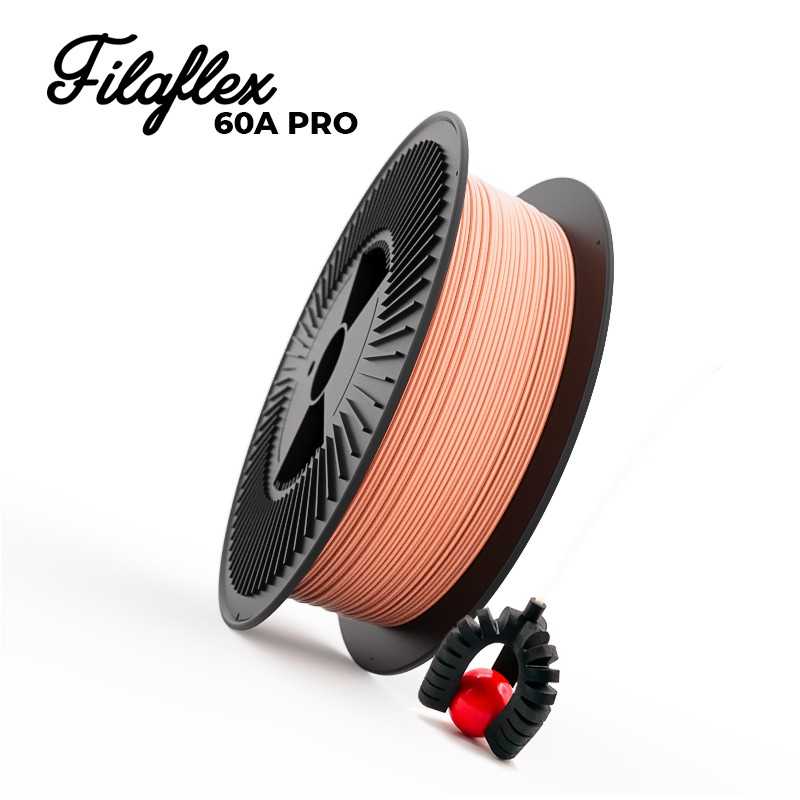






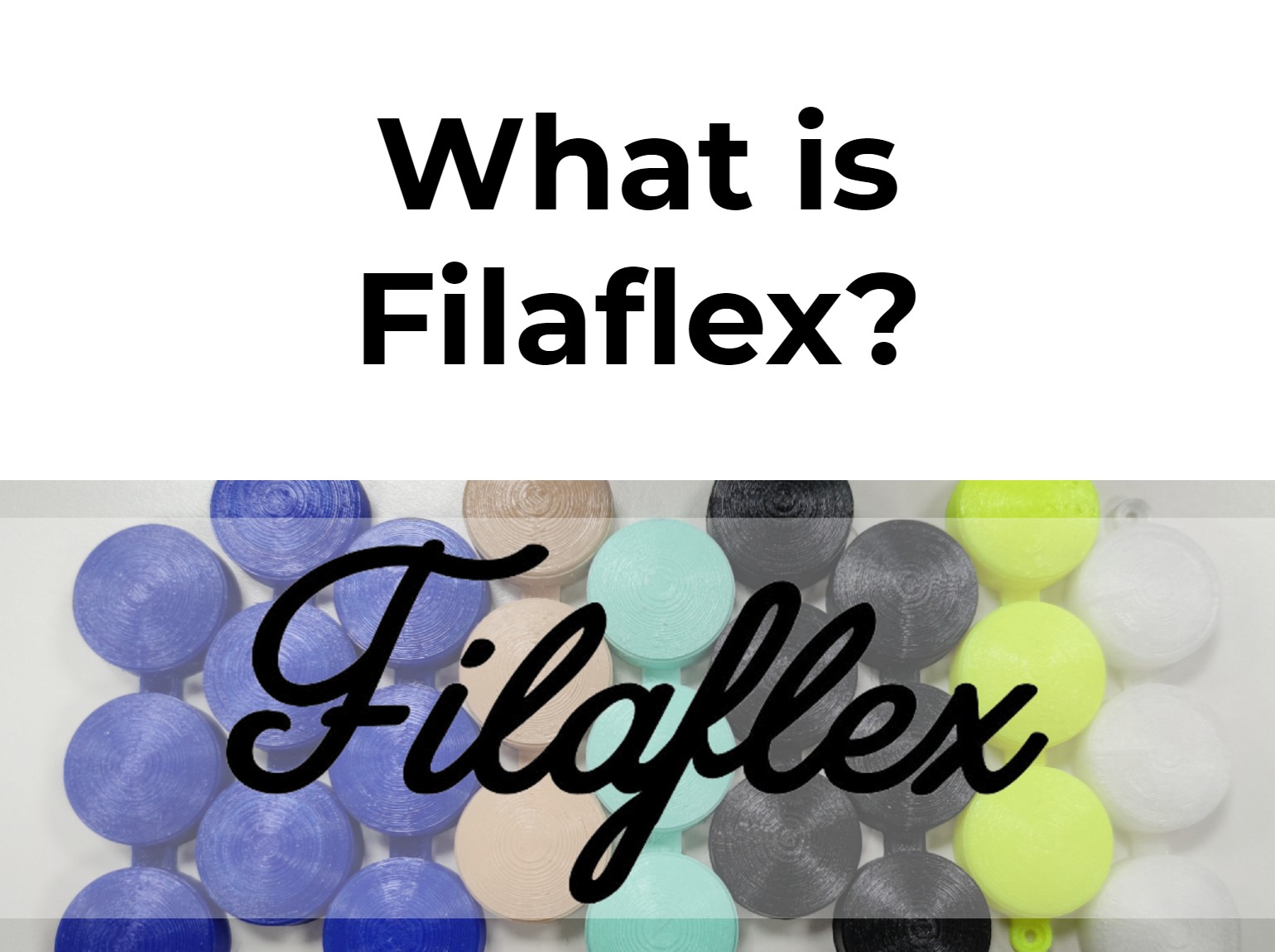







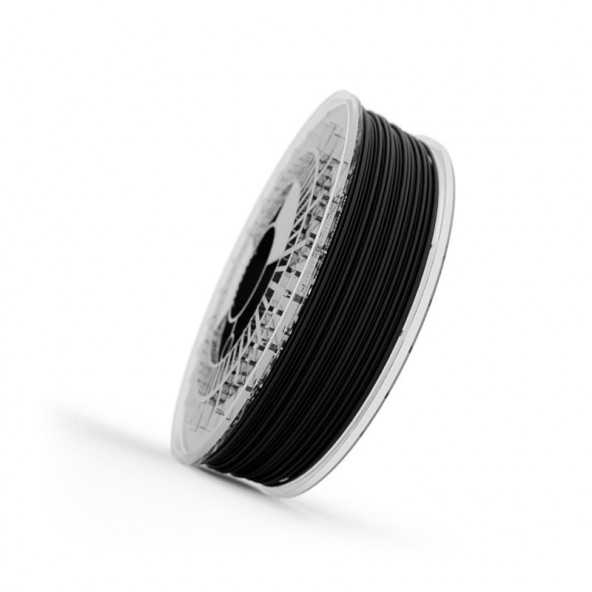
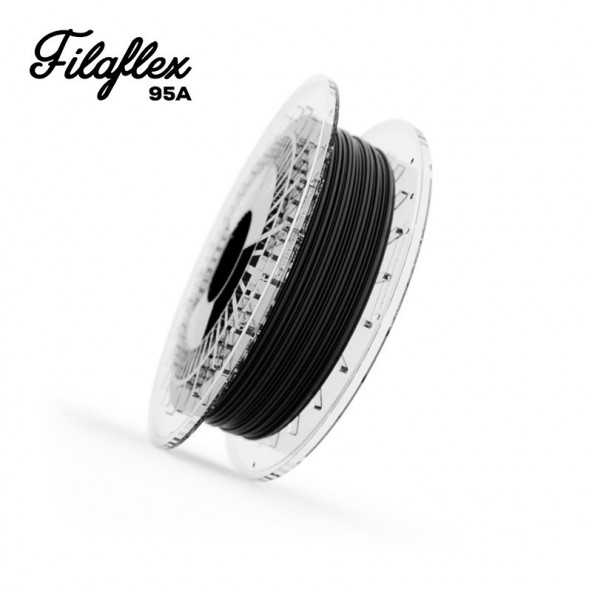
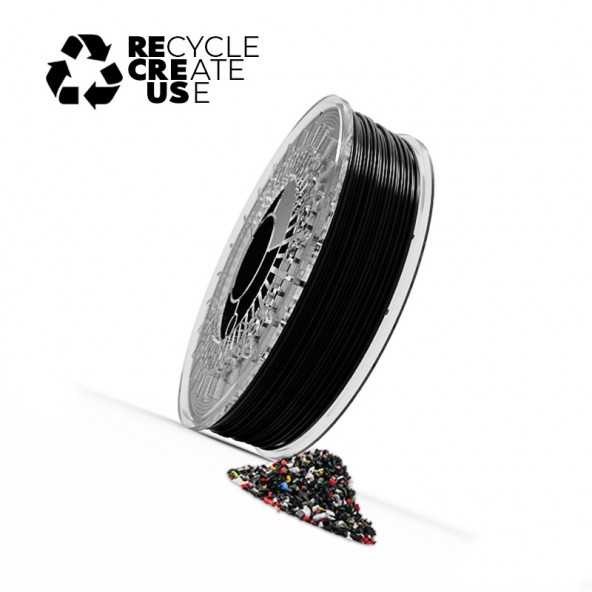
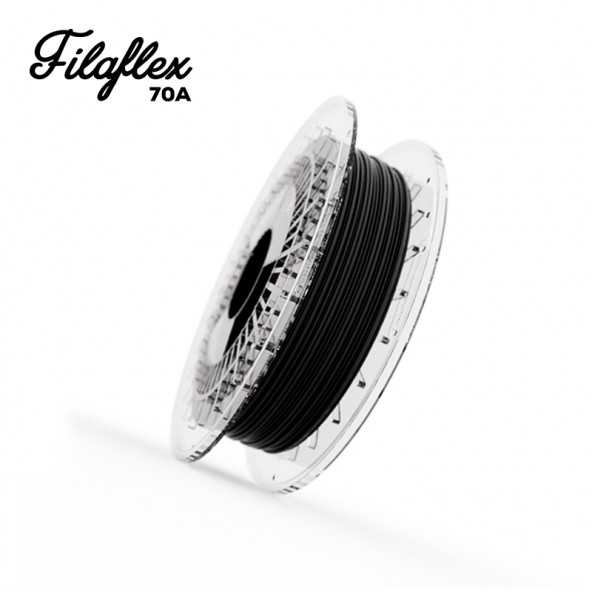
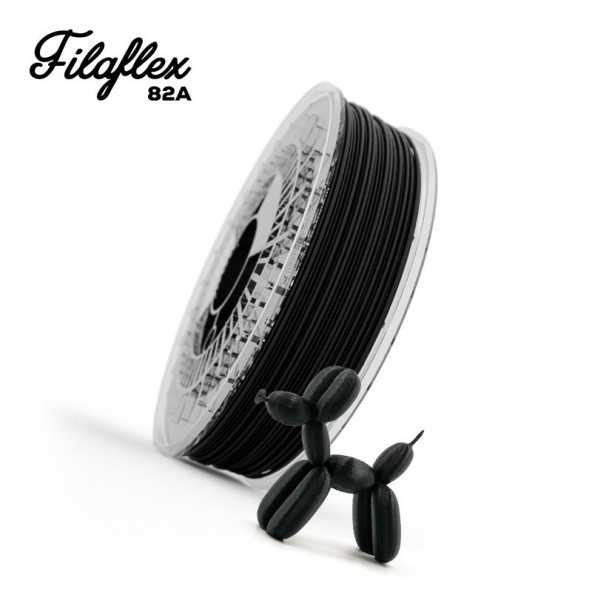
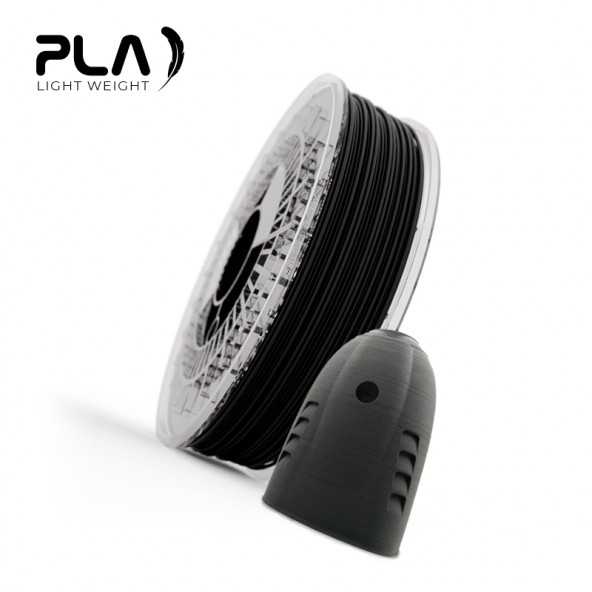
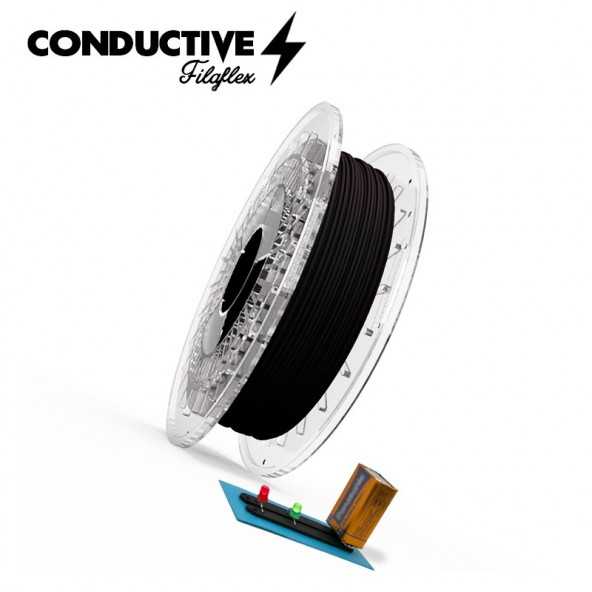
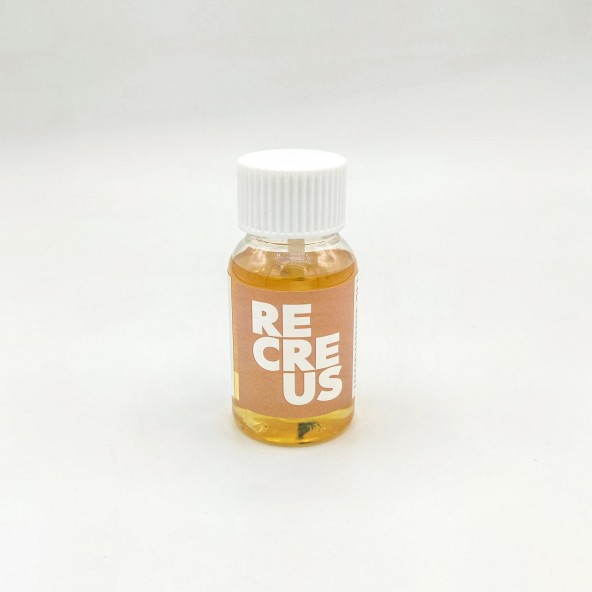
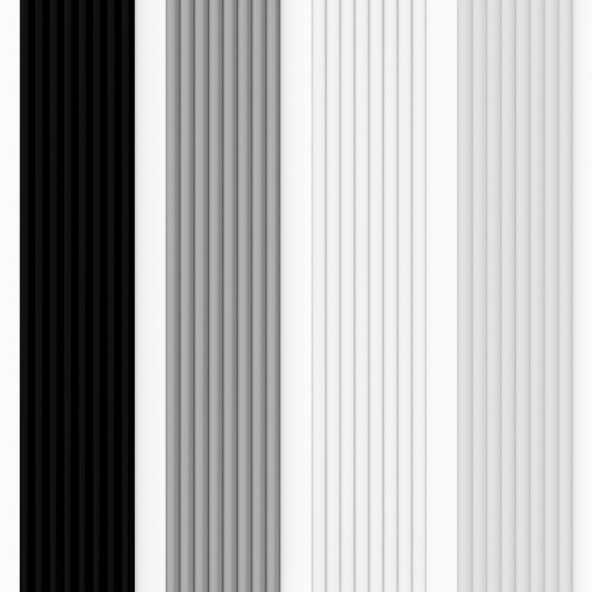
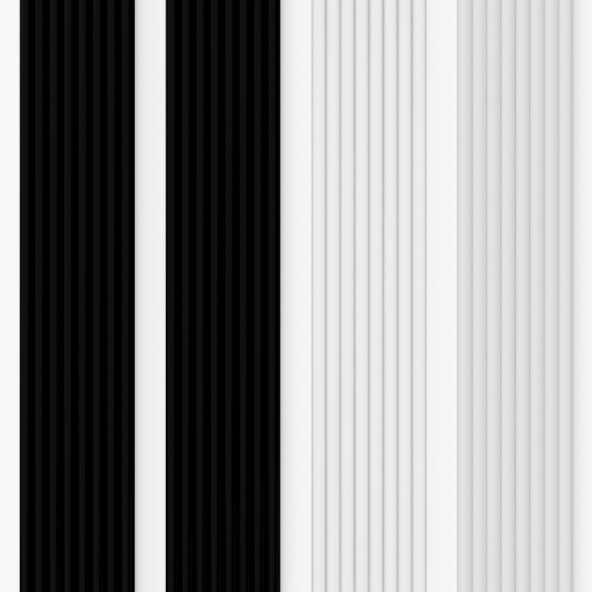
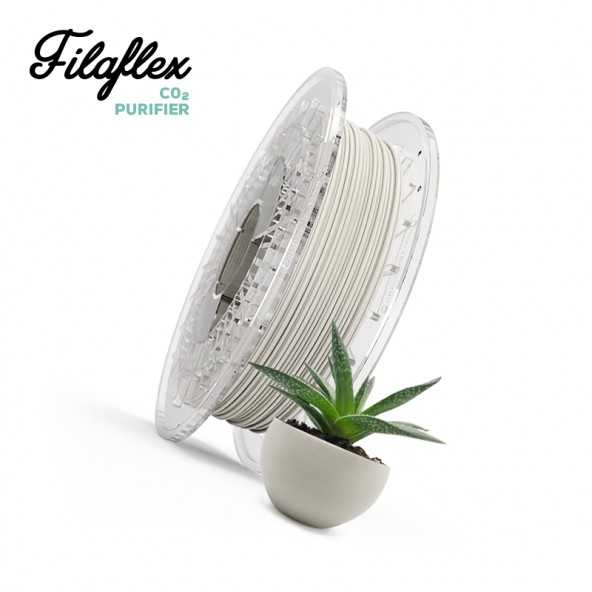
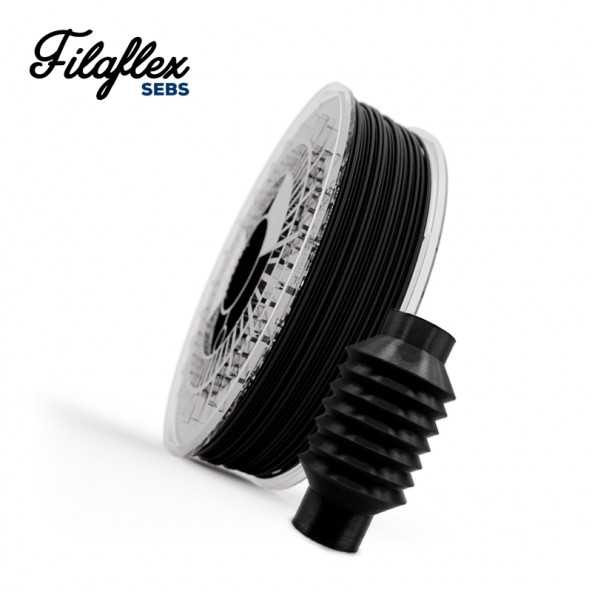

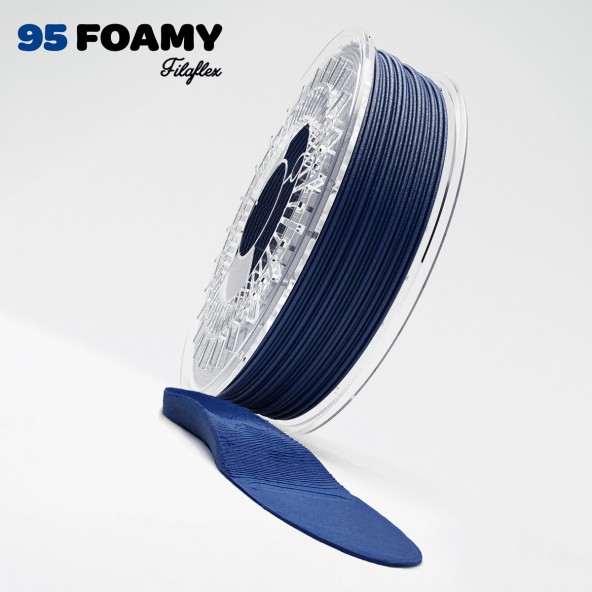
Go Slow
Direct drive, not too tight with the bed level and Go Slow! It's been a good experience with what is probably the most flexible filament on the market.